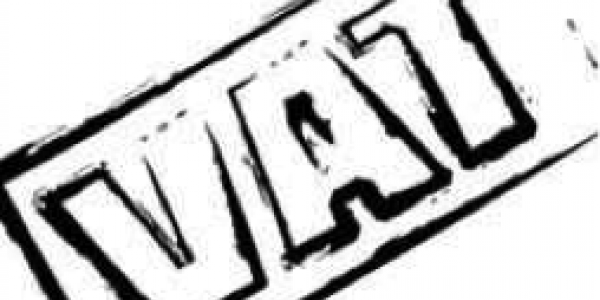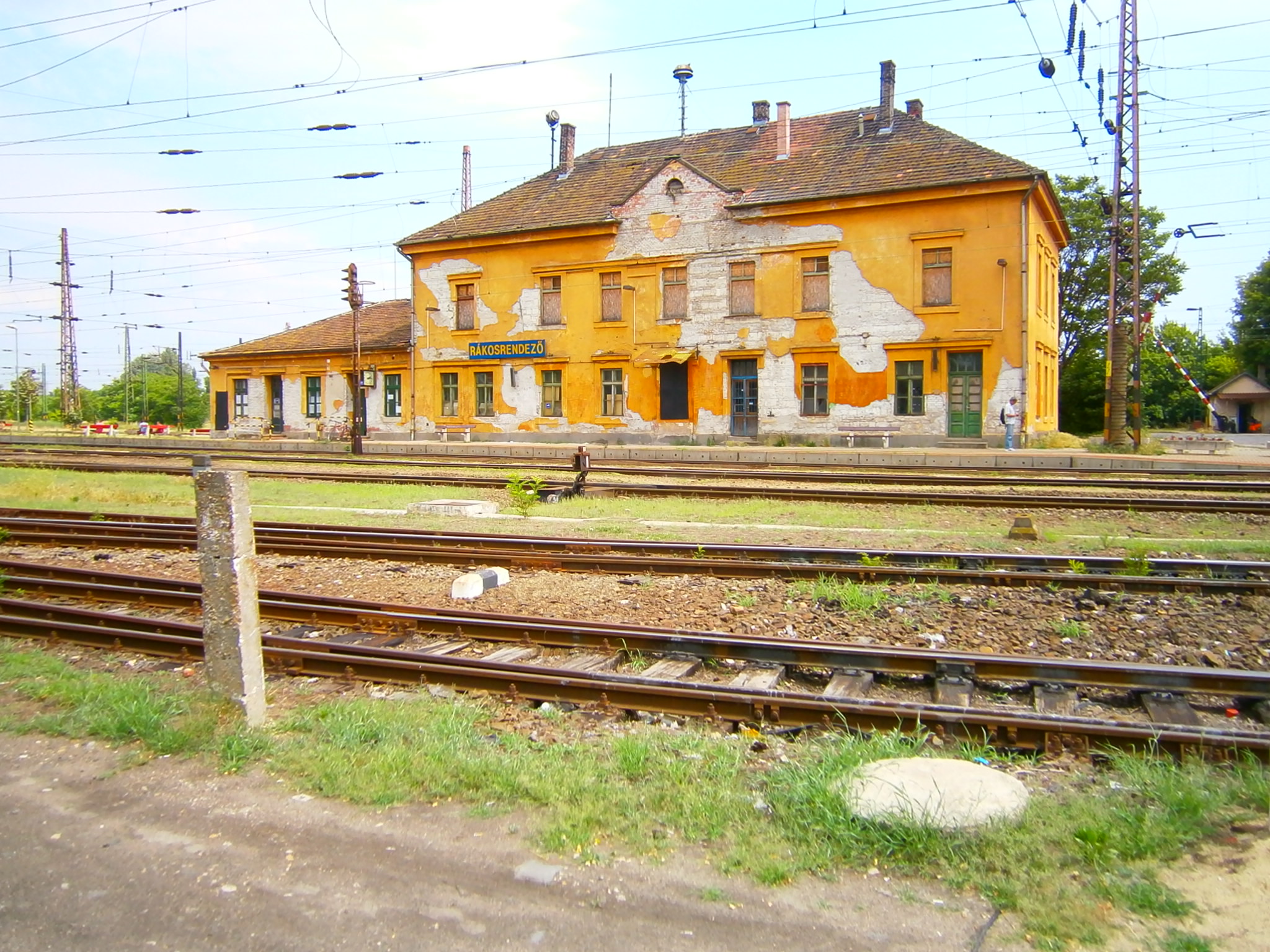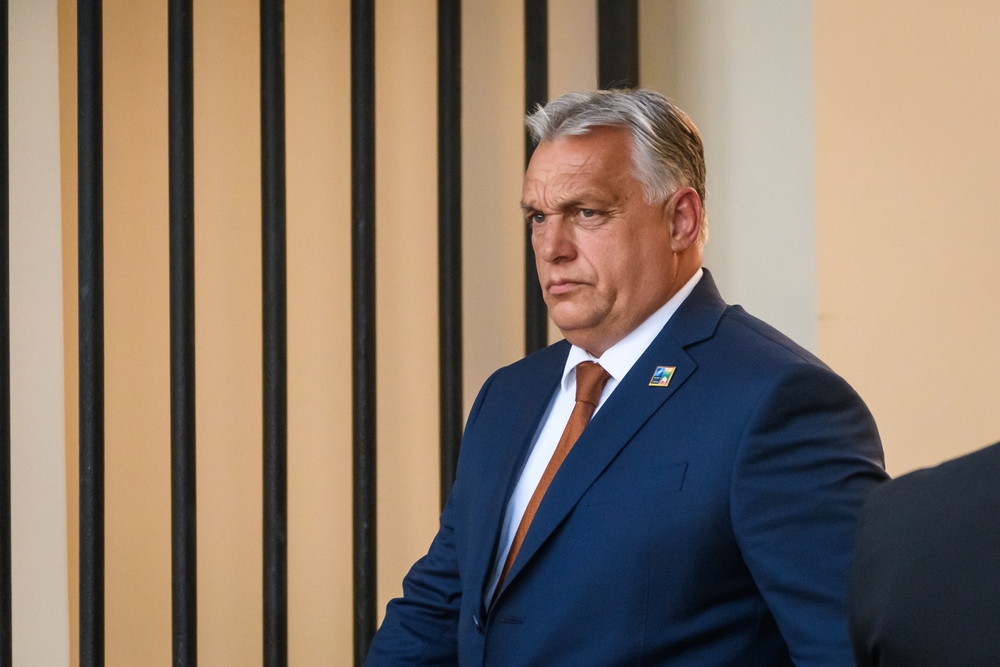Why did EU reject reverse VAT call? Some answers

From the BBJ print edition: In December, European Union officials declined Hungary’s request for a rapid introduction of reverse-charge VAT on sugar production. The measure would have helped in the struggle to counter massive VAT fraud in the sector. How can Brussels’ negative decision be explained? The Budapest Business Journal spoke with Gábor Farkas, PwC Hungary’s Tax Services Manager.
BBJ: In government circles, reverse-charge VAT is considered to be the major remedy for VAT abuse. If that is so, why have most states not switched to that system yet?
Gábor Farkas: In order to answer that question, the notion itself has to be clarified. One has to explain how normal and reverse-charge VAT works. After the manufacturing of a product, the providers/suppliers form a kind of chain: in the case of normal, direct VAT payment, each provider calculates, reports, and pays their VAT to the National Revenue Bureau (NAV) and then files a VAT return. In the case of direct VAT payment, the state can enjoy continuous cash flow revenue from each participant in the chain of providers. Although from time-to-time in the process the state has to pay money back, in the meantime it can use that money.
In the case of reverse-charge VAT, the state loses this cash-flow opportunity. To put it differently, it is worth a state switching to the reverse-charge VAT system only if the loss of revenue generated by VAT abuse exceeds the gain stemming from the cash-flow effect.
That makes it easier to understand why Hungary requested derogation only for certain sectors, namely the construction industry, and, in the case of goods, for sugar and wheat. Dropping out of the entire cash flow effect would have been too great of a loss.
A reverse charge restricted to certain sectors is not at all a perfect solution from the point of view of decriminalization. In the case of the direct VAT system, it is possible to construct a chain of providers in such a way that a party in the chain may repeatedly evade its VAT payment duties, thus accumulates a significant amount of VAT debt, and then in the end disappears.
This method led to the so called ‘carousel fraud’ cases, which requires a long process of preparation on the side of criminal groups, because it takes a long time to found and register those companies that provide the false contracts and receipts. When only one product is switched from direct into reverse-charge, criminals only lose time by having to build up another network of fraudulent companies in another vertical market.
BBJ: Then does the state actually not win anything by opting for reverse charge?
Well, the main winners are always the prudent companies of those sectors from which reverse-charge expels VAT abusers. As far as the tax authorities are concerned, the biggest gain is the knowledge gained about the sector freshly switched into reverse-charge VAT. After switching, it becomes clear what levels VAT fraud reached earlier in that sector. Criminal groups, on the other hand, are easier to catch red-handed when they are in the process of establishing their new network in the newly chosen vertical market.
BBJ: So reverse-charge VAT ranks high among the possible weapons against VAT fraud. However, the EU has not approved Hungary’s request for a quick reaction mechanism (QRM) introducing reverse-charge VAT in the sugar industry.
Brussels’ behavior concerning reverse charge is, at least, controversial. On the one hand, it seems to understand member states’ instant measures to cleanse those sectors of their economies that are the most affected by VAT fraud. No country should wait until the end of the long derogation process concerning reverse-charge VAT – that is why the legal institution of QRM was introduced in July last year.
On the other hand, Brussels clearly states that member states should eliminate VAT fraud in the sectors and in those countries where it crops up. The best way to achieve that is to make national states interested in persecuting VAT abusers with all possible means, and not to fulfill reverse-charge VAT derogation requests. As a matter of fact, QRM has not ever been applied since it went into effect. The fact that Hungary’s application for reverse-charge VAT derogation has been declined has a very negative message for prudent firms: namely that it is not worth seeking a way out of the VAT fraud problem from Brussels’ direction.
SUPPORT THE BUDAPEST BUSINESS JOURNAL
Producing journalism that is worthy of the name is a costly business. For 27 years, the publishers, editors and reporters of the Budapest Business Journal have striven to bring you business news that works, information that you can trust, that is factual, accurate and presented without fear or favor.
Newspaper organizations across the globe have struggled to find a business model that allows them to continue to excel, without compromising their ability to perform. Most recently, some have experimented with the idea of involving their most important stakeholders, their readers.
We would like to offer that same opportunity to our readers. We would like to invite you to help us deliver the quality business journalism you require. Hit our Support the BBJ button and you can choose the how much and how often you send us your contributions.









